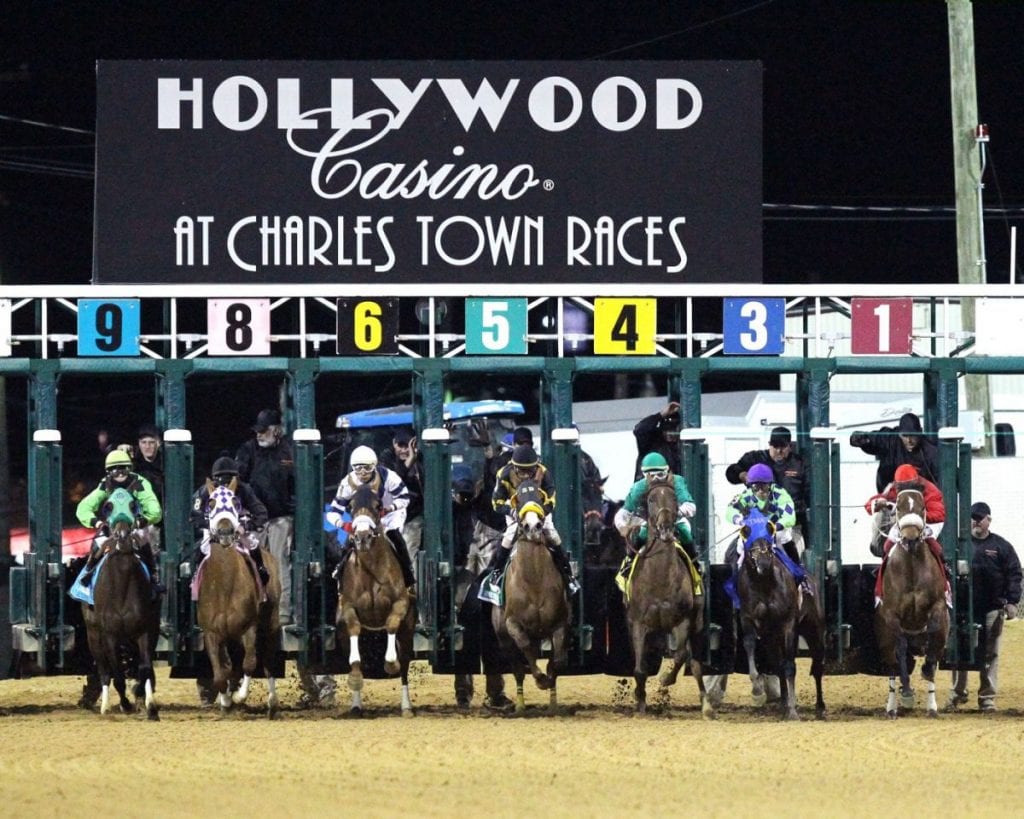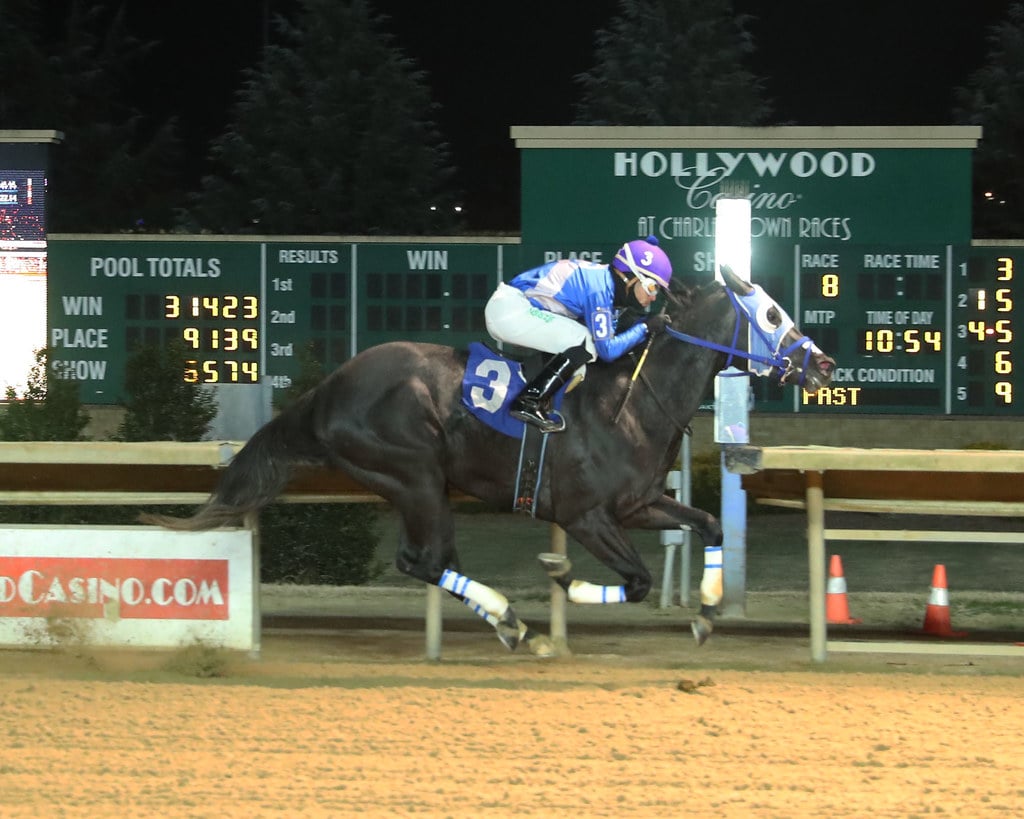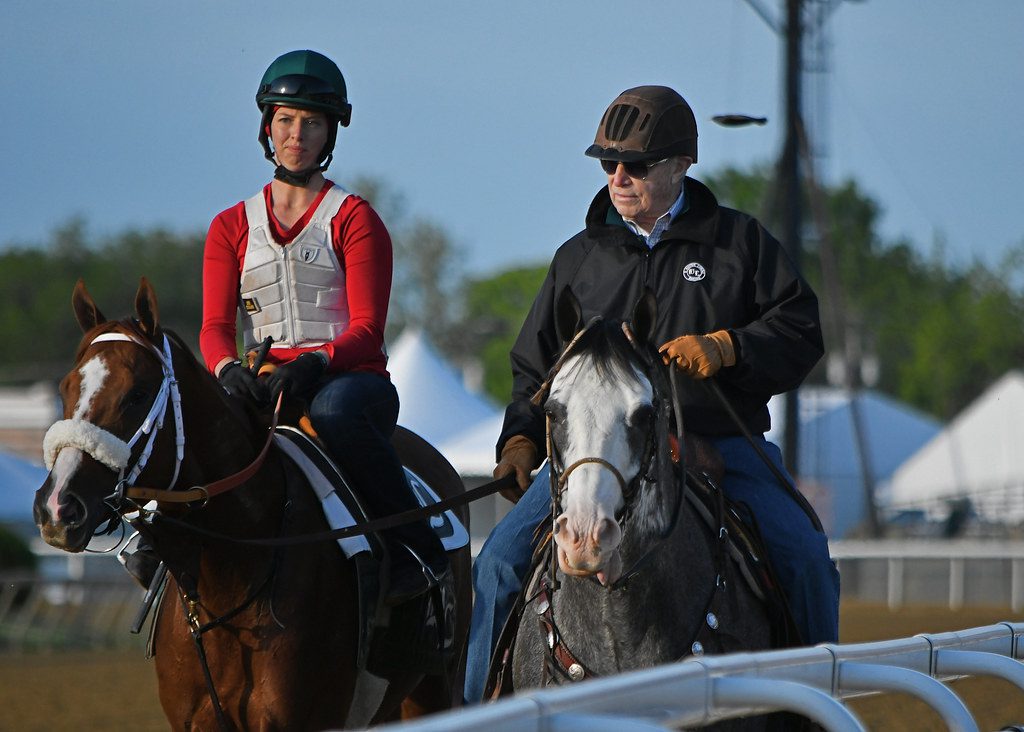A hairy week as HISA deadline looms
A busy and important week for the Horseracing Integrity and Safety Authority has taken a turn towards the chaotic in recent days.
Friday, July 1 is the deadline for individuals and horses to register under HISA. Those who are not registered as of that day will be unable to participate in racing until they complete their sign-up.
The Racetrack Safety Program goes into effect on that date, though certain elements of it – for example, certain requirements on horseshoes and riding crops – have been delayed to accommodate supply chain issues. Likewise, the Anti-Doping and Medication Control portion of the program will not commence until January 1, 2023.
- Mid-Atlantic three stars: January 12, 2026
 Your five-minute read to catch up on all the Mid-Atlantic racing action you may have missed over the weekend…
Your five-minute read to catch up on all the Mid-Atlantic racing action you may have missed over the weekend…
Early this week, HISA trumpeted that some 40,000 people and horses have been registered with the Authority, and that 20 of 25 racing commissions in states under HISA’s authority have reached or were working towards reaching agreement with HISA regarding implementing the new rules.
“We’re incredibly grateful for the efforts of racing participants, industry organizations and track leadership across the country in helping us ensure that all relevant racing participants and horses are registered by July 1,” Authority CEO Lisa Lazarus said in a release June 27.
At that point, the Authority said that 38,416 people and horses – 18,400 people and 20,016 horses – had registered. Given that more than 34,000 horses have raced thus far in 2022, according to Equibase, that still left some work to do.
The day after that HISA release, four United States Senators – Republicans Chuck Grassley and Joni Ernst, both of Iowa, Republican John Kennedy of Louisiana, and Democrat Joe Manchin of West Virginia – released a scathing letter they sent to HISA’s Lazarus and to Federal Trade Commission chair Lina Khan; the FTC oversees HISA, though the latter is a private organization.
Citing what they called HISA’s “chaotic implementation process and poor communication,” the Senators blasted HISA’s lack of transparency, which they said made it “difficult for industry participants to comply with the new rules and regulations.”
Further, taking aim at HISA’s decision to delay implementation of the medication control program by six months, they wrote, “This deadline is statutorily mandated and neither the FTC nor the Authority have the authority to extend this deadline… What statutory authority did the Authority rely on to waive this deadline?”
The following day, June 29, the states of Louisiana and West Virginia, along with their respective racing commissions, the Jockeys’ Guild, the Louisiana Horsemen’s Benevolent and Protective Association, and others filed suit in the United States District Court for the Western District of Louisiana seeking to enjoin the implementation of the new HISA regs.
“HISA has created a regulatory scheme that is, at best, half-baked and harmful to everyone in the industry it purports to exist to protect and at worst unconstitutional,” said Louisiana Attorney General Jeff Landry.
In a strangely xenophobic statement, Landry continued that having a “London lawyer” and a “Bavarian investigator… regulating Louisiana horsemen over five thousand miles away is unacceptable.”
The suit describes HISA’s authority as “breathtaking in scope, covering virtually all aspects of horseracing.” That structure, the suit alleges, suffers from “a host of constitutional problems.”
Among those, the suit says, is that HISA is “unaccountable to any political actor… The Act delegates to a private body the full coercive power of the federal government while simultaneously insulating it completely from political accountability.”
HISA’s rules, the suit says, were improperly adopted, are arbitrary and capricious, and violate the fourth and seventh amendments to the Constitution prohibiting unreasonable search and seizure and guaranteeing the right to a jury trial. They must, therefore, be permanently enjoined, the plaintiffs say.
The National Horsemen’s Benevolent and Protective Association (HBPA), which has filed a lawsuit of its own against HISA, was quick to “applaud” Landry and the others for filing suit.
“Horsemen and horsewomen from coast to coast as well as United States Senators Grassley, Manchin, Ernst and Kennedy are asking for this implementation to be delayed and thus far it has gone on deaf ears,” veterinarian Doug Daniels, HBPA president and board chair, said in a statement. “Now it has become necessary to request this court decide if HISA is ready for its roll-out.”
In response to HISA, the Texas Racing Commission has denied permission to its racetrack licensees to export their simulcast signals. That has the effect of freeing the state from HISA oversight, since HISA’s power is connected to the interstate commerce of simulcast wagering. But it also cuts the state’s tracks off from the lion’s share of wagering dollars.
Whether any of these strategies – lawsuits, Congressional pressure, or opting out altogether – will have the impact that advocates hope remains to be seen. No question that it’s made for a chaotic few days as the registration deadline looms.
Meanwhile, about two dozen tracks around the country are scheduled to run Friday.
LATEST NEWS


















April Inloes Smith
02nd Jul 2022Xenophobic? For years, I have had a problem with a certain foreign company doing ‘demolition by neglect’ of a beloved historic racetrack but I don’t think I was xenophobic.